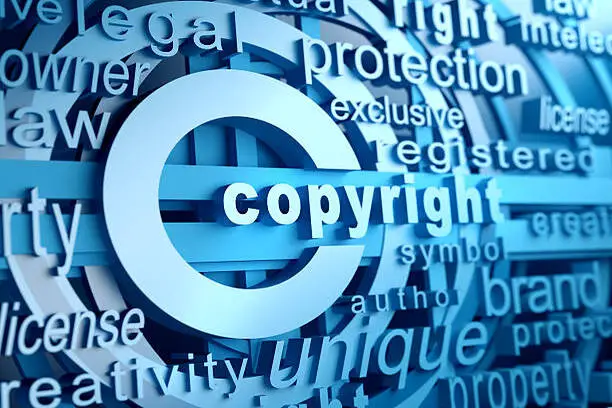


In a significant copyright case involving the cult horror film Friday the 13th, U.S. District Judge Stefan Underhill rendered a pivotal decision on cross-motions for summary judgment. The ruling, issued on Friday, September 28th in the Connecticut district, upheld Victor Miller’s claim to the screenplay’s copyright, affirming that Miller, the screenwriter, did not create the content as a work made for hire.
The dispute traces back to an August 2016 complaint for declaratory judgment filed by plaintiffs Manny Organization and Horror Inc., the successors to the film rights initially negotiated between Miller and Sean Cunningham, the producer of Friday the 13th. Before the filing for declarative judgment, Miller had issued a series of notices attempting to terminate his copyright grant regarding the screenplay. Manny and Horror filed the complaint seeking a declaration that the content was a work for hire under the Copyright Act of 1976, disputing Miller’s copyright claim under the termination notices. In response, Miller filed a counterclaim in November 2016, seeking a declaration that the content was not a work made for hire.
Judge Underhill’s decision delves into intricate questions of copyright initiation and ownership in the screenplay for the iconic Friday the 13th movie. Under the Copyright Act, an author’s contributions might be considered a work made for hire if completed as an employee or under a written agreement expressly stating the work’s classification. Despite the agreement between Miller and Manny for the screenplay, it did not explicitly state its classification nor did it address copyright matters explicitly.
Horror and Manny argued that Miller, being a Writers Guild of America (WGA) union member and Manny a signatory company to the WGA collective bargaining agreement, should be considered an employee of Manny. However, Judge Underhill noted this wasn’t the standard test as established in the Supreme Court’s decision in Community for Creative Non-Violence v. Reid (CCNV). Instead, they contended that labor law mandates Miller be considered Manny’s employee under the National Labor Relations Act (NLRA), which shares the definition of “employee” as the Copyright Act.
Contrary to Horror and Manny’s assertions, Judge Underhill found that labor law does not necessitate Miller’s classification as an employee, and the CCNV analysis remained pertinent. The court affirmed Miller’s status as an independent contractor, considering factors such as his skilled work performance, lack of employee benefits, non-employee treatment for tax purposes, and the absence of rights for Manny to assign additional tasks to Miller.
This ruling marks a crucial precedent in the realm of copyright law, solidifying Victor Miller’s ownership claim over the iconic Friday the 13th screenplay.